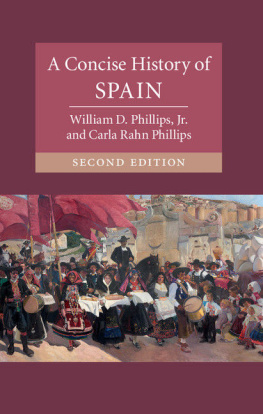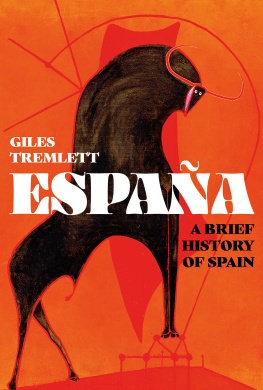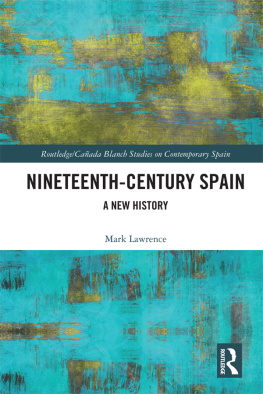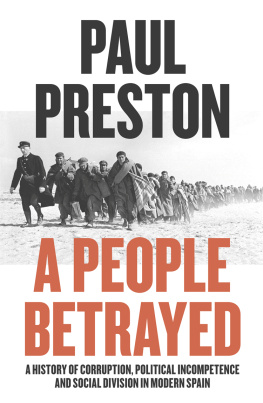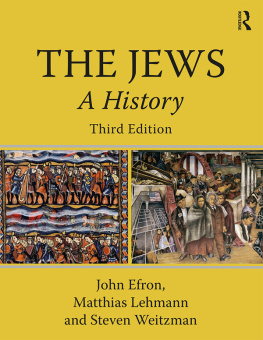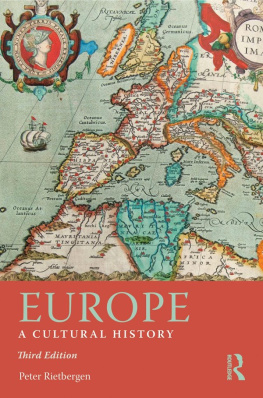A Concise History of Spain
The rich cultural and political life of Spain has emerged from its complex history, from the diversity of its peoples, and from continual contact with outside influences. This updated edition traces that history from prehistoric times to the present, focusing particularly on culture, society, politics, and personalities. Written in an engaging style, it introduces readers to key themes that have shaped Spain's history and culture. These include its varied landscapes and climates; the impact of waves of diverse human migrations; the importance of its location as a bridge between the Atlantic and the Mediterranean and Europe and Africa; and religion, particularly militant Catholic Christianity and its centuries of conflict with Islam and Protestantism, as well as debates over the place of the church in modern Spain. Illustrations, maps, and a guide to further reading, major cultural figures, and places to see make the history of this fascinating country come alive.
William D. Phillips, Jr. , is Professor Emeritus of History at the University of Minnesota and directed the Center for Early Modern History there from 2001 to 2008. His previous publications include Slavery in Medieval and Early Modern Iberia (2013), Testimonies from the Columbus Lawsuits (edited, 2000), The Worlds of Christopher Columbus (with Carla Rahn Phillips, 1992, recipient of the Spain in America [Second] Prize, awarded by the Spanish government), Historia de la esclavitud en Espaa (1990), and Slavery from Roman Times to the Early Transatlantic Trade (1985).
Carla Rahn Phillips is Union Pacific Professor Emerita in Comparative Early Modern History at the University of Minnesota. Her previous publications include The Treasure of the San Jos: Death at Sea in the War of the Spanish Succession (2007, winner of the Award for Excellence in World History and Biography/Autobiography of the Professional and Scholarly Publishing division of the American Association of Publishers), and Spain's Golden Fleece: Wool Production and the Wool Trade from the Middle Ages to the Nineteenth Century (1997, with William D. Phillips, Jr., winner of the 1998 Leo Gershoy Award of the American Historical Association).
Cambridge concise histories
This is a series of illustrated concise histories of selected individual countries, intended both as university and college textbooks and as general historical introductions for general readers, travellers, and members of the business community.
A full list of titles in the series can be found at: www.cambridge.org/concisehistories
A Concise History of Spain
William D. Phillips, Jr.
and
Carla Rahn Phillips

University Printing House, Cambridge CB 2 8 BS , United Kingdom
Cambridge University Press is part of the University of Cambridge.
It furthers the University's mission by disseminating knowledge in the pursuit of education, learning and research at the highest international levels of excellence.
www.cambridge.org
Information on this title: www.cambridge.org/9781107109711
William D. Phillips, Jr. and Carla Rahn Phillips 2010, 2016
This publication is in copyright. Subject to statutory exception and to the provisions of relevant collective licensing agreements, no reproduction of any part may take place without the written permission of Cambridge University Press.
First published 2010
Second edition 2016
Printed in the United Kingdom by TJ International Ltd. Padstow Cornwall
A catalogue record for this publication is available from the British Library
Library of Congress Cataloguing in Publication data
Phillips, William D.
A concise history of Spain / William D. Phillips, Jr. and Carla Rahn Phillips. Second edition.
pages cm. (Cambridge concise histories)
Includes bibliographical references and index.
ISBN 978-1-107-10971-1 (hardback : alkaline paper)
1. Spain History. I. Phillips, Carla Rahn, 1943 II. Title.
DP 17. P 55 2015
946 dc23 2015023289
ISBN 978-1-107-10971-1 Hardback
ISBN 978-1-107-52505-4 Paperback
Cambridge University Press has no responsibility for the persistence or accuracy of URL s for external or third-party internet websites referred to in this publication, and does not guarantee that any content on such websites is, or will remain, accurate or appropriate.
Contents
Illustrations
Unless otherwise indicated, photos were taken by the authors.
Maps
Preface
In modern times, Spain has often been perceived as different from other countries in Europe, with a pejorative connotation to that difference. In part, at least, that perception stems from a lack of knowledge about the history of Spain. Yet, in a certain sense Spain is different from the rest of Europe, in the diversity of its population and in its close contacts with civilizations outside Europe, in historical times and into the present as well. In writing this book, we have aimed to survey the long and complex history of Spain and its regions in a form accessible to an interested readership from various backgrounds. Whether those readers are serious students of Spain or casual travelers, we hope this book will provide a useful introduction to the complex history of a fascinating country. To best accomplish this, we pay due attention to all of the periods of the Spanish past, rather than concentrating on the more recent centuries. We also try to pay due attention to the many voices contending over the Spanish past.
As we planned and produced the book, we identified a series of themes that we could follow through the millennia. Among the themes we chose were the diverse populations mentioned above and the difficult and varied ecology of the Iberian Peninsula. The location of Spain between the Atlantic and the Mediterranean and, by extension, between Europe and Africa placed it in continual contact and potential conflict with other countries and other civilizations, from prehistoric times through the medieval centuries. In the early chapters, we discuss how waves of in- and out-migration by a diversity of peoples shaped not only the demographic character of Spain but also its political and social character. For example, medieval Spain had a unique history in the coexistence of Christian, Muslim, and Jewish communities. At the same time, however, centuries of conflict between Christian and Islamic political power eventually forged religious militancy on both sides. In the Christian kingdom that emerged victorious at the end of the medieval period, religious identity permeated every aspect of Spanish life. The implications of that religious identity and opposition to it persist even into the present day, and one cannot understand Spanish history without taking it into account.
Another theme we follow is the challenge of power. During the early modern period, roughly from 1500 to 1800, the Habsburg dynasty and its Bourbon successors presided over the world's first global empire. In the process of administering that empire, the Spanish bureaucracy had to deal with issues emanating from all corners of the earth a precursor to the modern challenges of globalization. By 1650, Spain had lost dominance in Europe to its rivals, but the Spanish Empire persisted until the early nineteenth century, and a few remnants lasted even longer. The legacy of Spain's history as a global power continues to color Spanish political life into the present, not least in its role as an intermediary between Europe and the Islamic world, and Europe and Latin America.

